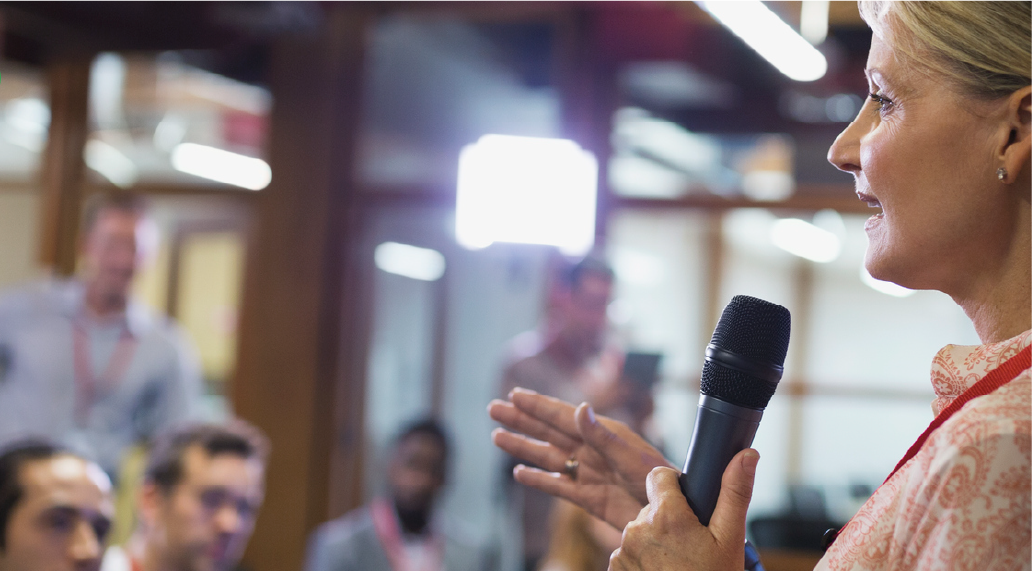We are guided by some of the most innovative and experienced executives in our industries.
We are guided by some of the most innovative and experienced executives in our industries.
Inclusion, diversity and belonging are at the heart of how we work together. We succeed when we bring the widest range of people and views to the table.
Inclusion, diversity and belonging are at the heart of how we work together. We succeed when we bring the widest range of people and views to the table.
Since 1871, the people of Marsh McLennan have shaped our shared enterprise to address the challenges of their time.
Since 1871, the people of Marsh McLennan have shaped our shared enterprise to address the challenges of their time.
We are a global workforce of exceptionally talented colleagues who thrive on creativity, forward-thinking and giving back.
We are a global workforce of exceptionally talented colleagues who thrive on creativity, forward-thinking and giving back.
Our commitment to business responsibility goes beyond our immediate goals—it’s about shaping better futures for our clients, colleagues and communities.
Our commitment to business responsibility goes beyond our immediate goals—it’s about shaping better futures for our clients, colleagues and communities.
Sound corporate governance principles, acting with integrity and maintaining the trust of our shareholders are among our most important values and practices.
Sound corporate governance principles, acting with integrity and maintaining the trust of our shareholders are among our most important values and practices.
Explore our global businesses
-
 Read More
Read MoreAbout Marsh Provides data-driven risk advisory services and insurance solutions to commercial and consumer clients -
 Read More
Read MoreAbout Guy Carpenter Develops advanced risk, reinsurance and capital strategies that help clients grow profitably and pursue emerging opportunities -
 Read More
Read MoreAbout Mercer Delivers advice and technology-driven solutions that help organizations redefine the world of work -
 Read More
Read MoreAbout Oliver Wyman Serves as a critical strategic, economic and brand advisor to private sector and governmental clients

